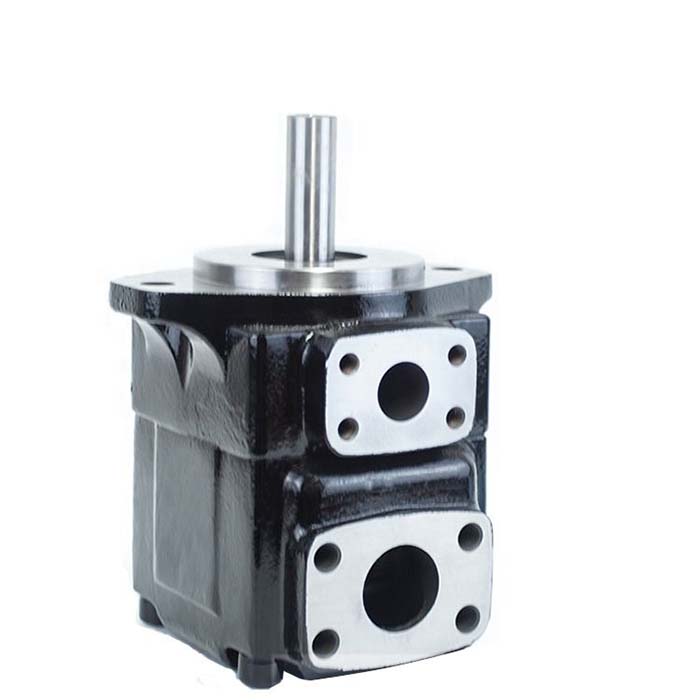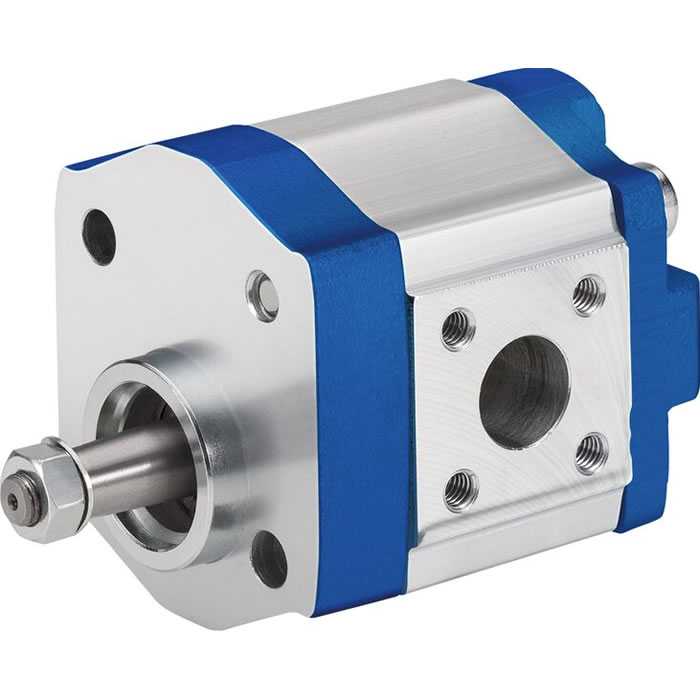Calculating Horsepower for Hydraulic Pumps - A Comprehensive Guide
When it comes to hydraulic systems, horsepower (hp) is an essential measure of power output that determines a pump's efficiency and performance. The horsepower rating can help you determine if the pump is the right size for your application, calculate the amount of energy the pump requires, and diagnose problems with the system. In this guide, we will discuss how to calculate horsepower for hydraulic pumps and what factors affect the horsepower rating.
Calculating Hydraulic Pump Horsepower
The formula for calculating hydraulic pump horsepower is relatively simple:
Horsepower = (Flow x Pressure) / 1714
Where:
Flow: The volume of fluid the pump can deliver, typically measured in gallons per minute (gpm).
Pressure: The force the pump can generate, typically measured in pounds per square inch (psi).
1714: Represents a conversion factor from psi-gpm to horsepower.
For example, let's say you have a hydraulic system with a flow rate of 10 gpm and a pressure of 2000 psi. By applying the formula above, you can calculate the pump's horsepower as follows:
Horsepower = (10 x 2000) / 1714
Horsepower = 11.63 hp
This means that the pump in this scenario requires 11.63 horsepower to deliver 10 gallons of hydraulic fluid per minute at a pressure of 2000 psi.
Factors Affecting Hydraulic Pump Horsepower
Several factors can affect the horsepower rating of a hydraulic pump. These include:
System Efficiency: The efficiency of the hydraulic system can impact the power output of the pump. A poorly designed or maintained system can lead to energy loss and decreased horsepower.
Pump Type: Different types of Hydraulic Pumps have different power requirements. For instance, a piston pump typically requires more horsepower to operate than a Gear Pump.
Operating Conditions: The operating conditions, such as temperature, viscosity, and flow rate, can also impact the pump's horsepower rating.
Load Type: The type of load the pump is powering can affect the horsepower requirement. For example, a hydraulic system powering a heavy load may require more horsepower than one powering a lighter load.
Conclusion
Calculating the horsepower of a hydraulic pump is essential for ensuring the pump's efficiency and performance in your hydraulic system. By applying the simple formula discussed above, you can determine the required horsepower and choose the right pump for your application. Remember that several factors can impact the horsepower rating, so it's essential to consider the operating conditions and load type when selecting a hydraulic pump.
Saivs brand
- Gear pumps series NSH50M
- Cavity 08-2 08-3 08-4
- Rexroth flow valve Z2FS6 Z2FS10 Z2FS16 Z2FS25
- Rexroth Hydraulic pump A11VO 40 60 75 95 130 145 190 260
- ZD Hydraulic Directional Control Valves
- Sanitation Truck Covering
- A2FE Axial piston fixed motor
- Little King Kong Electric Pollet Truck
- A4V40~250/A4VFO28/A4VSO40~500 Rexroth Hydraulic Pump Parts
- Food and packing machine haydraulic cylinder

